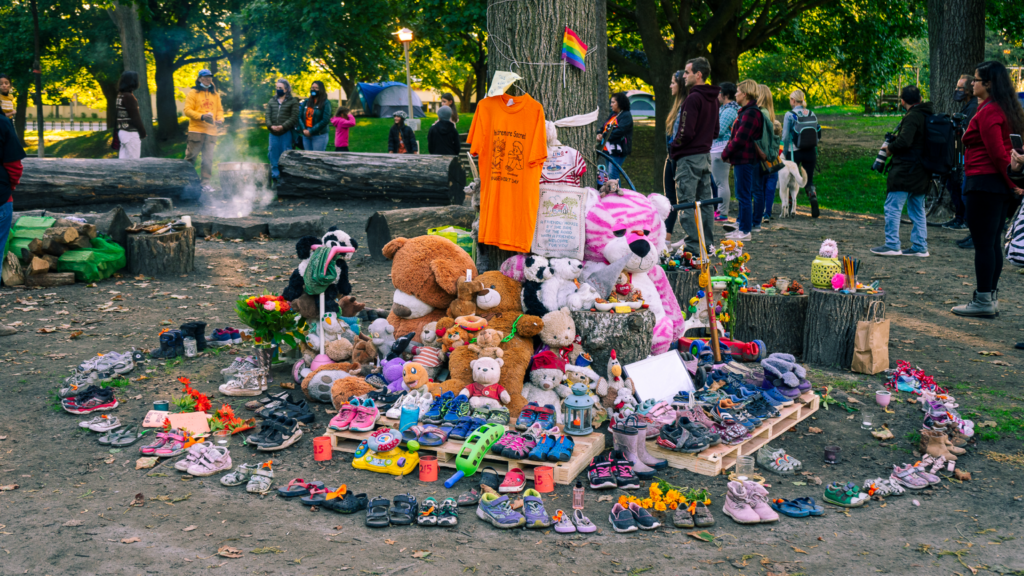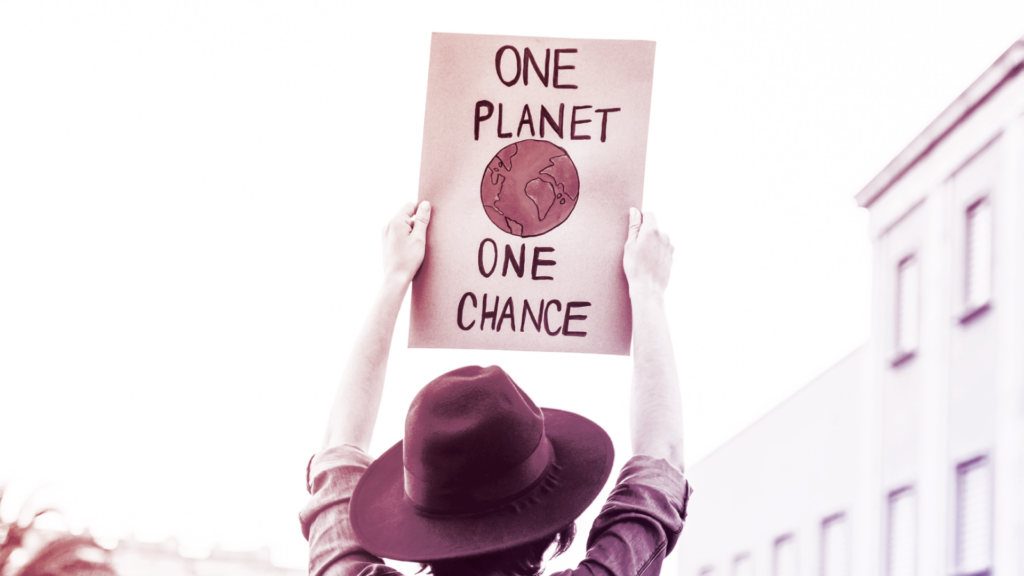
OFL STATEMENT
December 09, 2014
Time for Canadians to Move Human Rights Barriers Aside:
OFL Statement for December 10, 2014, International Human Rights Day
Around the world, December 10 is celebrated as International Human Rights Day to mark the anniversary of the United Nations’ adoption and proclamation of the Universal Declaration of Human Rights in 1948. This historic document is heralded for setting out fundamental human rights that would be universally protected and which set a common standard of achievement for all peoples and nations.
However, as they prepare for a federal election in 2015, many Canadians are struggling with a vanishing sense of pride in Canada’s once renowned reputation as a leader in human rights. While that reputation has always been contradicted by the lived experiences of Canada’s Aboriginal peoples and many marginalized groups in Canadian society, Canadians none-the-less proudly identified with many progressive and inclusive ideals that Canada championed at home and abroad. Increasingly, Canada’s reputation as a progressive, moderate and tolerant voice on the world stage has been eroded by the domestic and foreign policies of the Harper government.
“Canada is going completely off the human rights track and our international reputation is now at odds with the values that many Canadians hold dear,” said OFL President Sid Ryan. “These are values that define us and, for a growing number of Canadians, celebrating this historic anniversary of social justice means sharing strategies on how to unseat the Harper Conservatives.”
On an international level, Prime Minister Harper has led Canada away from a traditional “humanitarian” concept of human rights and demonstrated an “unflinching refusal” to criticize the human rights records of allied nations and trading partners. He has isolated Canada by refusing to sign the UN Declaration of the Rights of Indigenous Peoples for three years, scuttling the inclusion of abortion services in the G8 maternal health initiative and abandoning the Kyoto climate change protocol. In 2012, Harper blocked binding clauses to protect human rights in the Canada-European Union Comprehensive Economic and Trade Agreement (CETA).
At home, Harper has axed the Court Challenges Program, cancelled funding for church-based human rights watchdogs, vilified environmental organizations and cut funding to a wide swath of research and social services that, last month, claimed the Canadian Women’s Health Network (CWHN) as its most recent casualty.
However, the Harper government’s human rights record is perhaps no more starkly displayed than through the lens of its shameful treatment of Canada’s First Peoples – whose land rights remain largely ignored and for many of whom poverty, sub-standard education and boil-water alerts are pervasive. Yet, despite mounting evidence that Canadian authorities have largely ignored the disappearances of more than 1,200 Aboriginal, Métis and Inuit women, Harper recently shut the door on a national inquiry. Dismissing more than 1,000 unsolved murders and 160 missing person cases as simply criminal matters and not a “sociological phenomenon,” Harper has demonstrated his government’s indifference to this national human rights crisis.
“If the ongoing oppression of Aboriginal peoples across Canada is a reflection of our society, then the 1,200 missing and murdered Aboriginal women is much more of a systemic issue then it is a series of individual crimes,” said OFL Vice-President Irwin Nanda. “Human rights in Canada cannot be achieved until justice and reconciliation have been delivered to our Aboriginal, Métis and Inuit peoples … starting with the Stolen Sisters.”
The labour movement in Ontario and Canada has a long history of bringing workers together to stand side-by-side and demand better protections for all people. Successful struggles to end child labour, win equal pay for women, establish health and safety protections and introduce a minimum wage are powerful reminders of the strength of working people and the responsibility the labour movement carries to defend and expand the rights of all. The next step along this path is to replace the Harper government.
“Stephen Harper’s Conservatives have led a full-frontal attack on many of the values that have been cornerstones of Canada’s social justice and human rights reputation,” said Ryan. “By definition and action, the Conservatives have proven themselves to be a barrier to progress, so the 2015 federal election provides an opportunity for Canadians to move that barrier aside.”
The Ontario Federation of Labour (OFL) represents 54 unions and one million workers in Ontario. For information, visit www.OFL.ca and follow the OFL on Facebook and Twitter: @OFLabour.
For further information:
Joel Duff, OFL Communications Director: 416.707.0349 or JDuff@ofl-org.flywheelsites.com *ENG/FRE*


